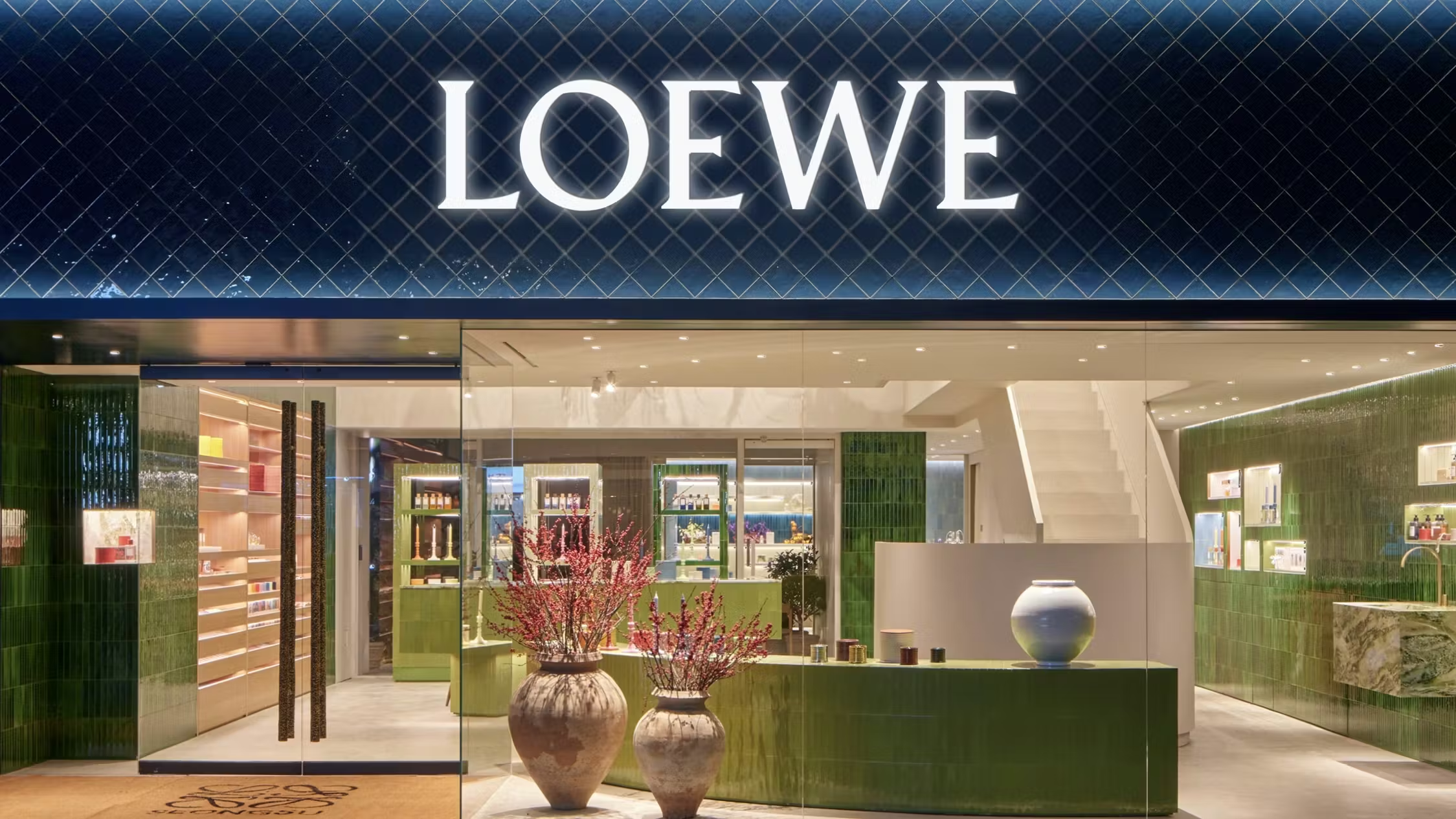Vestiaire Collective has broadened its prohibition on fast fashion labels, marking the second phase of its initiative to challenge the industry’s unsustainable practices. This recent prohibition extends to more than 30 prominent brands, including Gap, H&M, Zara, Mango, Uniqlo, and Urban Outfitters, which are now excluded from the resale platform.
These companies are added to a growing list of previously banned brands such as ASOS, Boohoo, Missguided, and Shein. This action by the French resale leader is a concrete step in addressing the issues of excessive production and rampant consumption that are characteristic of the fast fashion sector.
Vestiaire Collective‘s initiative raises critical questions about what defines fast fashion. The company has worked with a committee of nine fashion and sustainability experts to create a clear definition, considering factors like production cycle time, number of collections released per year, and the frequency of sales promotions. This framework aims to guide consumers toward more conscious shopping habits, encouraging investment in higher-quality, secondhand items.
“The decision to ban fast fashion was made to support Vestiaire Collective’s long time work to promote alternatives to the dominant model of fashion. Fast fashion brands contribute to excessive production and consumption, resulting in devastating social and environmental consequences in the Global South. It is our duty to act and lead the way for other industry players to join us in this movement, and together we can have an impact.” noted Dounia Wone, Chief Impact Officer, Vestiaire Collective.
The decision to continue to ban fast fashion brands on the resale platform challenges consumers to rethink their purchasing choices and consider the lifecycle of their clothing. With the fashion industry being a significant contributor to carbon emissions and textile waste, Vestiaire Collective’s ban is a bold step towards a more circular economy.
The ban’s timing is strategic, coinciding with the consumer frenzy typically associated with Black Friday. Vestiaire Collective is transforming this period into “Better Friday,” urging customers to pledge to buy secondhand. This campaign is part of a broader educational effort, including an AI-driven global campaign titled “Think First, Buy Second,” which vividly illustrates the potential consequences of textile waste in familiar settings.
The implications for the fashion retail industry are vast. As Vestiaire Collective leads by example, it may prompt other companies to reflect on their practices and consider similar bans. The resale market is gaining traction as a viable alternative to fast fashion, offering consumers the opportunity to participate in a more sustainable fashion ecosystem.
As we witness this pivotal moment, one can’t help but wonder if other players will follow suit. Will this be the catalyst for a widespread industry transformation? Only time will tell, but one thing is certain: Vestiaire Collective’s ban is a clarion call for change, echoing across the fashion landscape, urging us all to think before we buy and to prioritize quality and sustainability over fleeting trends.

















